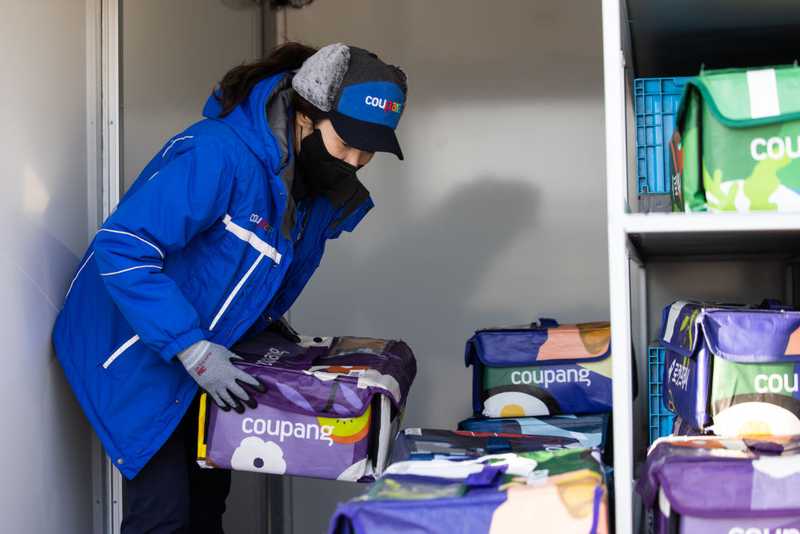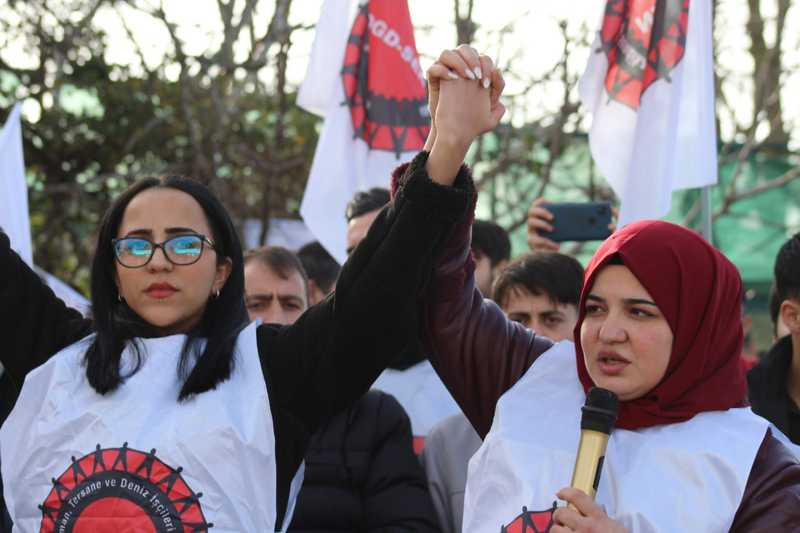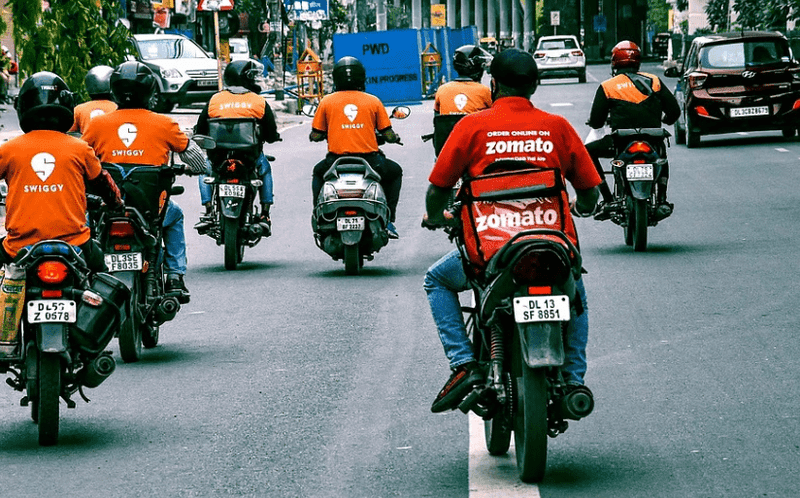
When the Covid-19 pandemic hit, the closure of various activities across the world, as well as social distancing measures for large parts of urban populations, was required. This led to changes in mobility patterns as well as the flourishing of new activities and jobs. Among the latter, a spike in product delivery – deemed an essential activity crucial to maintaining lockdown and social distancing and avoiding infection surges – has been registered. In Mexico alone, delivery services registered growth rates of up to 80% because of the health crisis, with a market estimated at $1,832 million, according to Statista.
This same health crisis has led to a worldwide economic crisis, leaving many unemployed and many businesses, such as small restaurants, on the verge of bankruptcy. The lack of opportunities in other parts of the economy turned delivery work into a booming business, and a basic service that kept many businesses afloat.
Smartphone apps have made employment as a delivery driver relatively simple. Having a vehicle (such as a bicycle or motorcycle), a phone to access an electronic platform (Rappi, Didi Food, UberEats, among others), and meeting some basic requirements is enough to start receiving orders and payments. Thousands in need of an income in the midst of the economic crisis have registered to provide these services and many small restaurants and businesses have benefited from enlisting them.
However, the type of jobs that have been created are very precarious and employment is subject to exploitative conditions reminiscent of the 19th century. A delivery driver provides their own equipment – some are even acquiring debt to do so – and does not have medical insurance. In case of a problem, such as an accident, the companies usually evade responsibility (and are more concerned with orders). Delivery drivers, along with colleagues, family and friends, are often forced to cover medical expenses. The income per order in Mexico varies from 15 to 30 pesos ($0.75 to $1.5) plus tips, which forces them to work long days on the street (without minimally decent places to rest) in order to cover their basic needs. If a family depends on them, the result is undoubtedly a job that guarantees poverty.
The companies that hire delivery drivers call them "partners'', "self-employed", or "freelancers", to avoid the recognition and granting of social benefits inherent to formal employment. If the companies have a problem with them, it is enough to "rest", block or delete them from the application – since they have thousands of delivery drivers at their disposal. It can even go as far as outright opposition, as in the United States. Some companies there have not hesitated to push for legislation against such labor recognition in order to generate setbacks to workers' rights.
Meanwhile, these companies are making extraordinary profits in the midst of a pandemic by not paying their employees for the equipment they use, nor granting health and accident insurance for the risk involved in their work. UberEats alone grew 135% worldwide, reporting profits of $8.55 billion. Although Mexico has approved the payment of value added tax applicable to these companies, it did not imply changes in the employment relationship of delivery drivers.
Profit is generated by expropriating the delivery drivers’ work, their investment, their time, their health, the risks they run, and they are fully aware of it. They have become aware of their situation but also of the particularly strategic position they find themselves in. They have grown rapidly, have woven informal networks based on solidarity and their work is fundamental for cities at this time. This gives them the power to organize and claim their rights.
According to ECLAC, delivery workers can achieve labor rights such as freedom of union association and collective bargaining, minimum wage, workday limits, payment for passive shifts (time spent waiting for orders), minimum guaranteed working hours, paid breaks and holidays, insurance for occupational accidents, occupational diseases and third-party liability; medical coverage; health and safety at work; provision of safety equipment; payment transparency; conflict resolution and insurance; professional training, among others. These rights guarantee a dignified life, for them and their families.
This is why delivery drivers have started organizing in their struggle, even on an international level. A noteworthy example are the protest activities that have been carried out in various countries around the world. This struggle is starting to pay off, for example in South Korea, where progress has been made in the recognition of union formation, unemployment benefits and accident coverage. This could benefit 75,000 delivery drivers in the Asian country.
In Mexico, the Independent Union of Distributors by Application (Sindicato Independiente de Repartidores por Aplicación - SIRAPPS) is being established. In addition to seeking recognition as a union, it seeks to achieve collective bargaining and access to social security for delivery workers. Labor unionization and alliances with workers in other sectors will be essential for the benefit of the delivery workers themselves, as shown by the Independent Workers’ Union of Great Britain. This union brings together workers such as outsourced cleaners, security guards, foster care workers, and gig workers such as couriers and private hire drivers.
Undoubtedly, a change in labor laws is necessary for delivery drivers to be recognized as workers, to guarantee their rights and to put an end to the precariousness of essential jobs in society once and for all. A change that pushes the state in a way that ensures the fruits of delivery drivers’ labor belong to them and do not only benefit a few. Let their struggle be an inspiration for workers' struggles against precariousness everywhere.
Photo: Brett Jordan / Unsplash






